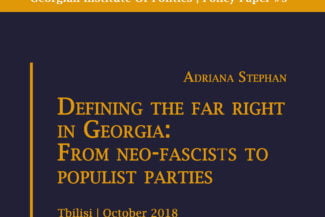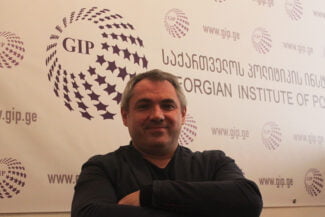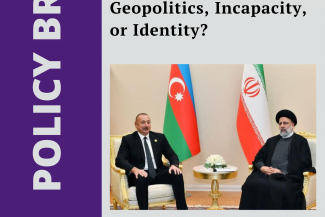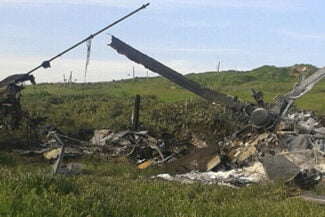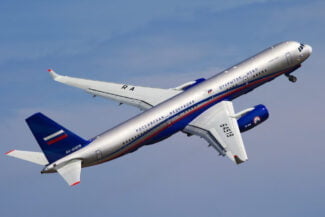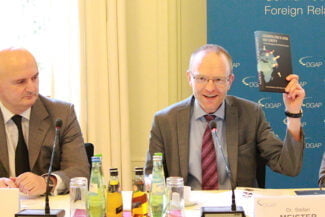04-10-2019
Expert Comment #8 / October 2019
On September 10, while attending the 5th Annual Tbilisi International Conference organized by the McCain Institute and Economic Policy Research Center, former NATO Secretary General Anders Fogh Rasmussen stated that the Georgian government and the Georgian people should consider joining the North Atlantic Treaty Organization with a temporary suspension of Article 5 over the de facto occupied territories of Abkhazia and Tskhinvali Region/South Ossetia. The issue of Russia’s occupation of Georgian territories is often underlined as a stumbling block to Georgia’s aspiration to join NATO.
The statement sparked controversy in Georgian society as well as in media insofar as crucial questions still need to be answered. NATO membership is widely perceived as a security guarantee for Georgia against the threats to the country, which are primarily coming from Russia. At the same time, the problems of the occupied regions constitute an extremely sensitive internal issue that no political actor dares to approach foolhardily. The scenario of joining NATO with Article 5 applied only to the territory currently controlled by the Georgian central government has a number of key elements including the domestic response, the Northern reaction and the Western reception.
At the request of the Georgian Institute of Politics (GIP), a selection of experts from Georgia, the United Kingdom, and the United States responded to the following three questions:
- Provided the Georgian government takes this decision (which is not the case at the moment), how realistic would that formation make Georgia’s accession into NATO?
- What could be Russia’s possible response?
- Would this formation eliminate the excuse that skeptics often use, namely Georgia’s unresolved conflicts as an obstacle to NATO membership?




